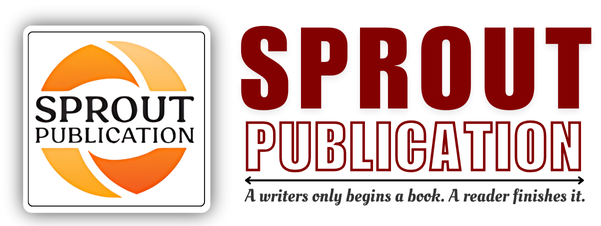Chapter 18: Special Senses-II
Chapter 18: Special Senses-II
Author: Mr. Ashutosh Jain
Volume: 01
First Online: 31 August 2024
Pages: 246-257
DOI:
Abstract
The nose and tongue are essential organs involved in the special senses of smell and taste, playing critical roles in sensory perception and overall health. The nose, with its intricate structure comprising the nasal cavity, olfactory epithelium, and turbinates, is designed to filter, warm, and humidify air while detecting a wide range of odors through olfactory receptors. Key functions include breathing, smelling, and aiding in speech. Common nasal disorders include allergic rhinitis, sinusitis, and nasal polyps, which can impair breathing and the sense of smell. The tongue is a muscular organ covered with taste buds, which are specialized structures that detect five basic tastes: sweet, salty, sour, bitter, and umami. It also assists in chewing, swallowing, and speech. Disorders of the tongue, such as glossitis, oral thrush, and taste disorders (dysgeusia), can affect taste perception, oral health, and overall quality of life. Both the nose and tongue contribute to the complex sensory experiences of flavor and aroma, which are integral to nutrition and enjoyment of food.
Keywords: Nose, Tongue, Special senses, Smell, Taste, Sensory perception, Nasal cavity, Olfactory epithelium

